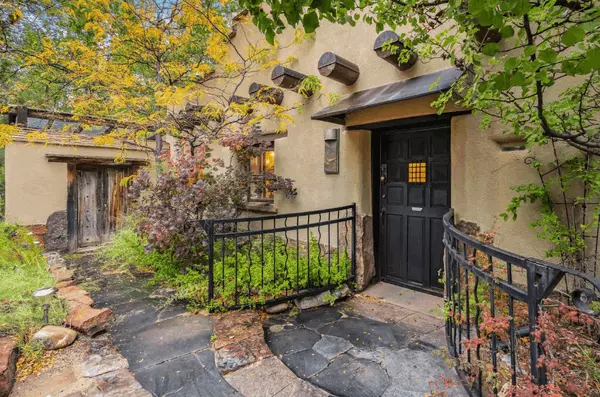Our Latest Blogs
How is wellness influencing luxury home design in Santa Fe right now?
While walking a property with a client recently, they paused and asked me: “How is wellness influencing luxury home design in Santa Fe right now?” It’s a question I love to answer—because it speaks to a powerful shift we’re seeing across the luxury market. In recent years, a quiet revolution has tak
Why Turnkey Homes with Outdoor Elegance Are Selling Faster in 2025
In the ever-evolving world of luxury real estate, one truth remains constant: buyers are led by emotion—and in 2025, they are yearning for two things above all else: effortless beauty and soulful living.
Why Santa Fe Is Rising on the Luxury Real Estate Map — And What It Means for Buyers & Sellers
Santa Fe is no longer a quiet contender — it’s officially arrived on the national luxury stage. Ranked #2 on the Wall Street Journal/Realtor.com luxury index, this high-desert enclave is seeing a powerful surge in demand from second-home buyers, high-net-worth individuals, and lifestyle-driven inves

Maya Hiersoux
Phone:+1(505) 479-0194
Leave a Message
Our Latest Videos on YouTube
Check out our channel: Living in Santa Fe New Mexico with Maya to learn more about the area!



